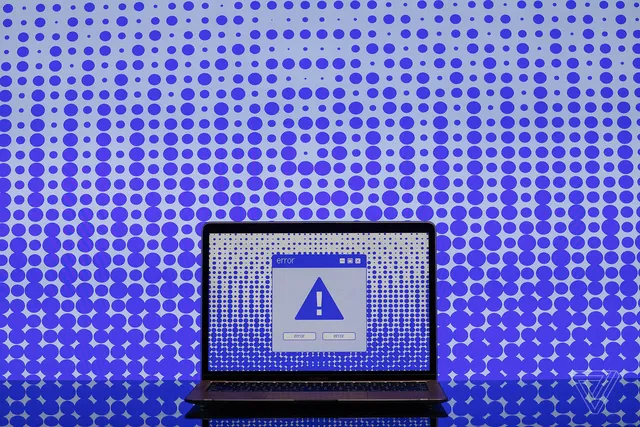The Wayback Machine’s site has been breached, but its founder says the data is still there.
The Internet Archive, the vast digital repository known for its Wayback Machine, is working to restore its services after a recent cyberattack left the platform temporarily offline. The incident, which included both a data breach and a distributed denial-of-service (DDoS) attack, has disrupted access to the organization’s extensive digital library. However, according to founder Brewster Kahle, the Archive will be back online within “days, not weeks.”
What Happened?
Earlier this week, the Internet Archive was hit by a cyberattack that compromised sensitive user data. More than 31 million email addresses were exposed, along with screen names, timestamps of password changes, and other account-related information. In response, the site and its related services, including the Wayback Machine, have been taken offline for maintenance and security reinforcement.
When attempting to access the Archive, users are met with a message indicating that the site is “temporarily” unavailable. Any links to archived websites on the Wayback Machine are currently inoperable as well.
Despite the disruption, Brewster Kahle has assured users that the organization’s top priority is securing the data. “The data is safe,” Kahle confirmed, adding that services are down as the team works to strengthen security. In a statement posted to social media, he further explained: “Services are offline as we examine and strengthen them. Sorry, but needed. @internetarchive staff is working hard. Estimated timeline: days, not weeks.”
Addressing the Security Breach
The cyberattack gained widespread attention after a pop-up message from a purported hacker appeared, claiming that the Archive had suffered a “catastrophic security breach.” The message sparked concern among the platform’s millions of users. Soon after, Troy Hunt, founder of the popular security notification service Have I Been Pwned, confirmed the breach. Hunt verified that he had received a file containing the stolen data and advised users registered with his service to check for alerts if their information had been compromised.
The breach raises serious concerns about digital security and privacy, particularly for an organization like the Internet Archive, which holds a critical role in preserving the web’s history. Fortunately, Kahle’s statements indicate that the Archive is focused on bolstering its defenses and plans to be fully operational again soon.
What’s Next?
For now, the Internet Archive remains offline, but its team is working around the clock to address the issue. The focus is on improving security and ensuring that any vulnerabilities are fixed before services are restored. Users are urged to stay patient and vigilant, especially if they receive alerts from security services about their compromised information.
As one of the web’s most valuable resources, the Internet Archive’s swift recovery is eagerly anticipated by millions of users. With its massive repository of books, websites, music, and more, the Archive plays a vital role in safeguarding digital content that might otherwise disappear.
Kahle’s assurance that the platform will return in “days, not weeks” is a promising sign that the Internet Archive will soon be back, stronger and more secure. Until then, users are encouraged to keep an eye on updates from the organization and remain alert to any potential risks associated with the breach.
In the ever-evolving landscape of cybersecurity, the Internet Archive’s experience serves as a reminder that even the most trusted platforms are not immune to attacks. However, with the right response and resilience, they can emerge more robust than ever










